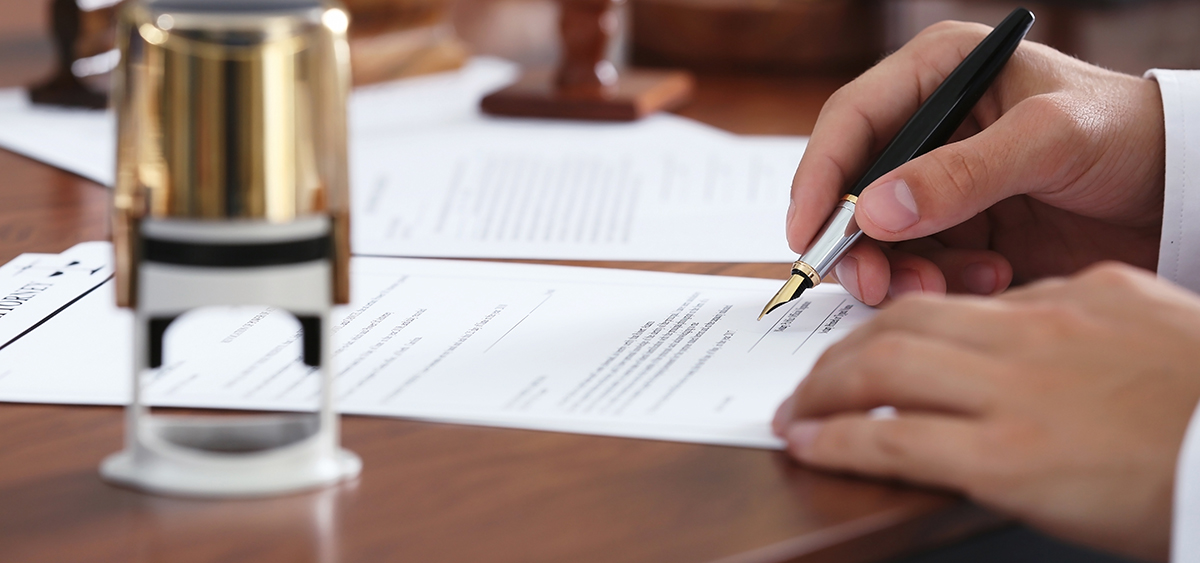Handwritten wills and wills made in front of witnesses must be probated by a court or notary after the person who signed the will dies. “Probated” means recognized as official.
Wills prepared by notaries don’t have to be probated. Wills prepared by notaries are often called notarial or notarized wills.

Reasons for probating a will
Probate is a procedure that aims to:
- Confirm proof of the person’s death.
- Confirm the identity of the person who signed the will.
- Inform people who might inherit that a non-notarial will exists. This allows them to raise important issues, like a more recent will, or contest the will being probated. For example, someone might believe that the will wasn’t made by the deceased.
- Confirm that the will is the last will of the person who died and that it follows Quebec law.
To summarize, probate confirms whether the will meets all the requirements for it to be legally valid, but doesn’t look at what it says. Probate doesn’t prevent someone from contesting what the will says later.
How to probate a will
Heirs can probate the will. The probate process can be done by a notary or the court.
Probate by a notary
Probate by a notary does not “convert” the will into a notarial will.
Probate by a notary has the same effect as probate by the court. However, a notary cannot probate a will that is being challenged, like if someone claims the will is a fake.
It takes several weeks to obtain the probate document. Ask a notary about the time involved.
The cost depends on a number of factors, including the geographic location and how complicated the situation is. The total cost is usually about $1,500.
Probate by the court
You can submit your probate application online using the portal for non-contentious proceedings (French only).
You must usually file your application with the Superior Court in the region where the person who died lived (French only).
Some people have a notary or lawyer prepare the application. Other people prefer to write and present it in court themselves.
It takes several weeks to obtain a probate judgment. You must pay court fees. If you use a lawyer or notary to prepare the application, you will also have to pay their fees.
Documents needed to probate a will
To probate a will, the notary or court needs various documents, including these ones:
- the original will,
- an official copy of the act of death issued by the Directeur de l’état civil (registrar of civil status),
- a sworn statement by one of the witnesses of the will or, if the will is handwritten, a sworn statement by a person who is able to identify the signature of the person who made the will,
- proof that the probate application has been sent to potential heirs.
Once your documents are ready, you can submit them online using the portal for non-contentious proceedings (French only). Within 15 days after submitting your documents online, you must submit the original paper copy of the will to the court office.
You don’t need to submit a paper copy of your other documents, unless the court asks you to. Keep the original paper copies just in case.
The estate during the probate process
The estate is “frozen” during the probate process. The official name for the estate in Quebec law is the “succession”.
After the will has been probated, the liquidator and the heirs can get “certified” (official) copies of the probate document. These copies are available at the court office or the notary’s office.
After that, the estate settlement can begin. This includes opening a bank account for the estate, closing the deceased’s bank accounts, etc.





